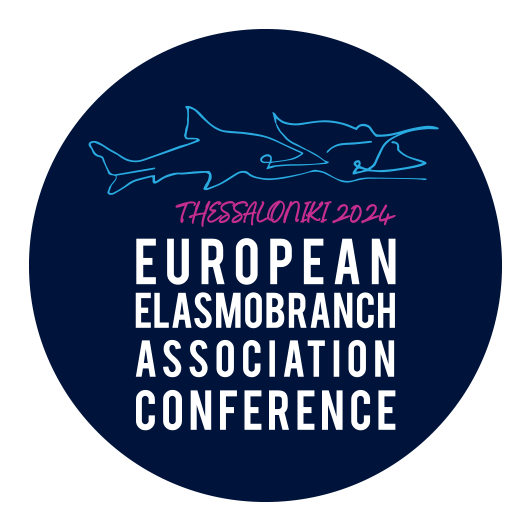 The Mediterranean is an extinction hotspot for chondrichthyans (sharks, skates, rays, and chimeras), making the basin a priority for conservation. Of the 73 species of Mediterranean chondrichthyans assessed by IUCN, 50% of rays and 54% of sharks face an elevated risk of extinction, with angel sharks an example of one of the families where all species present in the region are threatened. Today sees the launch of the Mediterranean Angel Sharks: Regional Action Plan which provides a framework for conservation action for angel sharks in the Mediterranean.
The Mediterranean is an extinction hotspot for chondrichthyans (sharks, skates, rays, and chimeras), making the basin a priority for conservation. Of the 73 species of Mediterranean chondrichthyans assessed by IUCN, 50% of rays and 54% of sharks face an elevated risk of extinction, with angel sharks an example of one of the families where all species present in the region are threatened. Today sees the launch of the Mediterranean Angel Sharks: Regional Action Plan which provides a framework for conservation action for angel sharks in the Mediterranean.
Working with an array of organisations from within the Angel Shark Conservation Network and across the Mediterranean*, as well as with the International Union for Conservation of Nature (IUCN), the Convention on the Conservation of Migratory Species of Wild Animals (CMS) and the Specially Protected Areas Regional Activity Centre (SPA/RAC), the Shark Trust has led on the development of the Mediterranean Angel Sharks: Regional Action Plan.
The vision of the Mediterranean Angel Sharks: Regional Action Plan is that the species are restored to robust populations fulfilling their ecological roles in healthy ecosystems.
For this scheme, three Goals were set:
GOAL 1 - Fisheries-based angel shark mortality is minimised in the Mediterranean
GOAL 2 - Angel shark habitat is identified and protected
GOAL 3 - National legislation for angel sharks is established, implemented and enforced
iSea is a part of Angel Shark Conservation Network and contributed to the production of the Action Plan.
Three species of Critically Endangered angel sharks are present in the Mediterranean and in Greece – Sawback Angelshark Squatina aculeata, Smoothback Angelshark Squatina oculata, and Angelshark Squatina squatina.
Find the Regional Action Plan Here!
*Angel Shark Project: Canary Islands, Institut National Agronomique de Tunisie (INAT), Institut National des Sciences et Technologies de la Mer (INSTM), iSea, Istituto Superiore per la Protezione e la Ricerca Ambientale (ISPRA), Marine Biology in Libya, National Research Council, Nature Link, Save the Med Foundation, Submon, University of Las Palmas in Gran Canaria, WWF Mediterranean Marine Initiative, Zoological Research Museum Alexander Koenig, Zoological Society of London.
